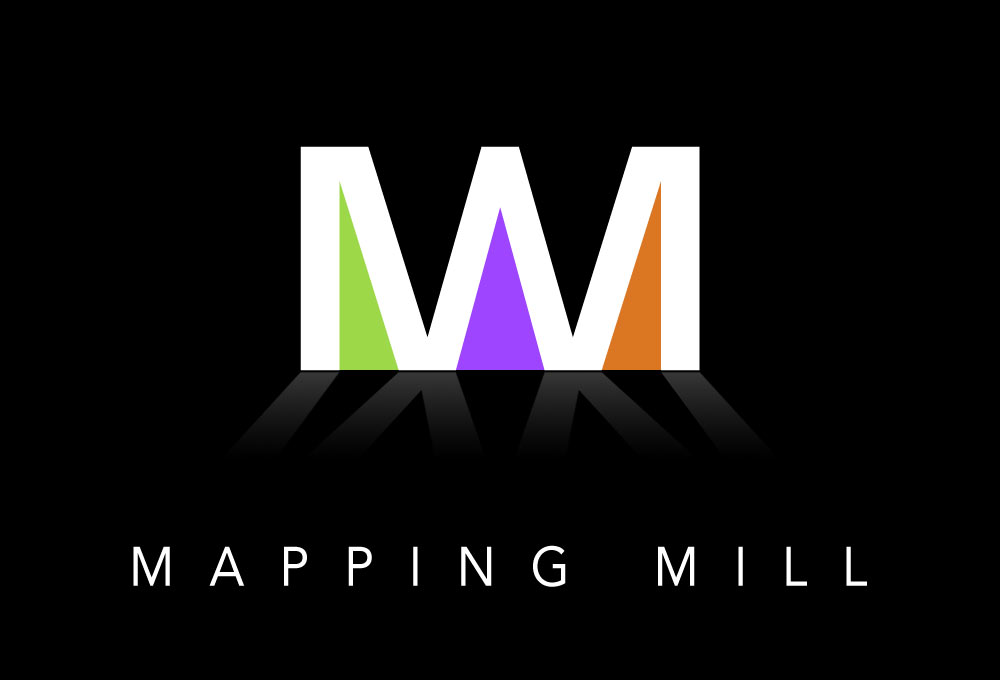MAPPING MILL
Projection Mapping Safety and the Law
Projection Mapping safety and legal requirements
Are you allowed to use Projection Mapping?
Most events are unique and will require a projection mapping safety plan. Projection mapping can be an eye-catching way to present your service, product, celebration or personal project. It's a great way to impress customers and brand your business, but there are legalities you should consider.
Before beginning production or hiring a specialist in projection mapping, this should form part of your planning.
- Permission by owners
- Permits by the local government
- Public safety
- Copyrights
- Guerilla tactics
Permission by owners
Obviously, permission by the owner of the building or structure needs to be granted first. Getting permission from neighbouring properties may also be necessary, if the projection equipment will be set up there. If there are more than one office or apartment in the building then permission may needed from all of them.
Permits by the local government
Projection mapping is still a novel way to display media in public spaces, you should be prepared for a local council not to be familiar with it. Projection mapping could legally be considered signage, or a live event that requires a stage permit. Or it could be that the local council may not allow such productions outdoors at all.
Each council will use its own terminology and regulations. In general we find that meeting with the council directly, and well in advance, may prove mutually beneficial. In fact many will be enthusistic about such events, especially if they are open to the public and you are able to offer mutual exposure. They may even help in logistics on the night and provide additional marketing, if they see a potential in being an 'official partner' or sponsor of the event.
Copyrights
You and the production company need to be aware of any possible copyright issues with a building or public structure that you plan to project your image on. Creating a 3D graphic model of the building or physical subject in question without the permission of its owner, or without a license to do so, could be considered infringement. You should also make sure that you have the relevant licenses to use your chosen audio which includes voice, music and sound effects. The same is true of all imagery whether, graphics, photography or video. The production company should be able to take care of that for you. Ask them.
Public safety
The unique visual aspects of projection mapping raise hypothetical questions about how your production could have an unintended, negative effect on the public.
Will making a building appear as if it is moving in some way? Could passing drivers or cyclists seeing your event's imagery become distracted and cause an accident? Could the lights from the projectors impair the eyesight of those inside or around the building? Are you close to an airport? With projection it is possible to make sure the fall-off from the projected image is masked off. Laser shows for example would probably not get permission if the event was to be close to any local airport flight paths.
The production company should have their own insurance in place, but seek advice on whether you will require specific public liability insurance for the event at hand. If you are working with a council on a joint event, they may already have this covered. Check with them.
Forget everything above and do guerilla style projection mapping?
Risk is inherent in any guerilla marketing campaign. It's all about realistically ascertaining that risk ahead of time so as to accurately judge whether the risk is acceptable. Any company that offers unpermitted or 'guerrilla' mapping services is likely not following regulations, which means without legal protection. It is possible to have the event shut down and equipment confiscated at any moment and may even be prosecuted. Subsequently any insurance cover would probably be void.
Conclusion
Before you approach your events or projections company, you should have some understanding of projection mapping safety and legal requirements.
You should work with a production company that has experience executing projection mapping events and securing the necessary permits and permissions. However, before employing the production company, you should first do the ground work. Approach the relevant council/owners to test the waters on whether your project will be received in a positive way. The initial burden may appear to be on the production company, but both sides (you, the client, and the production company) can be liable, so it's imperative that both sides understand what is expected of the other party.
Define precisely what is to be done: where, when, how and by whom. The client should expect to bear the risk of what it requests. But defining the engagement precisely allows the client to be very direct in requiring the production company to bear the risk of anything falling outside of those parameters.
